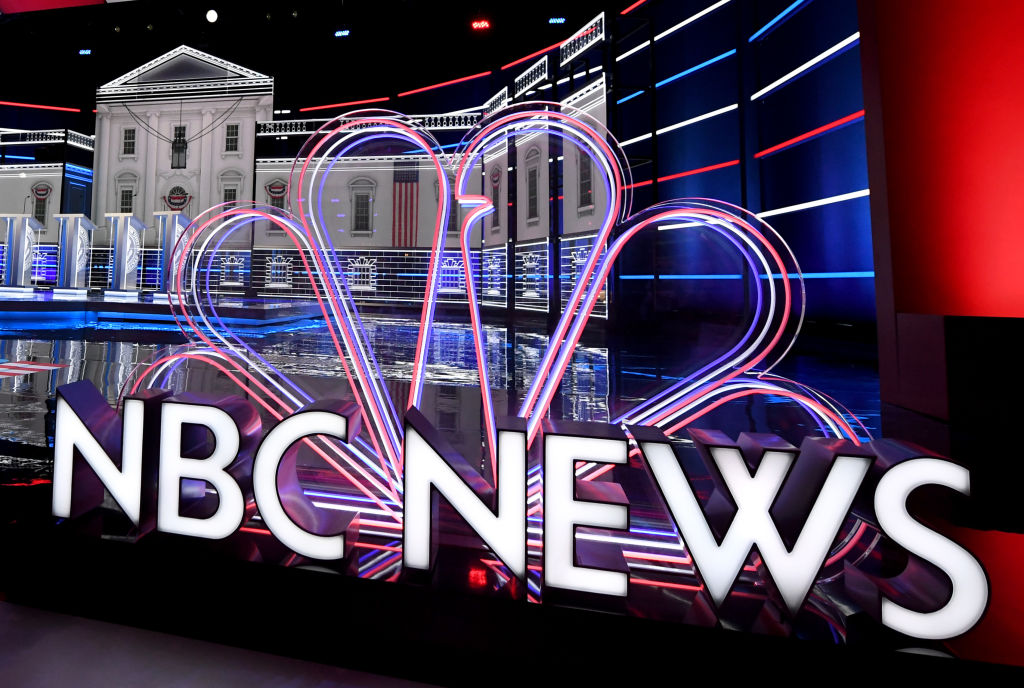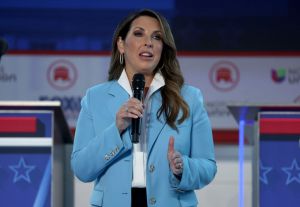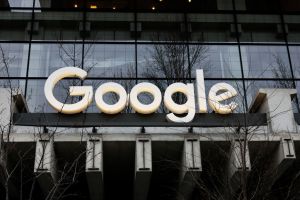When I spoke with NBC News earlier this week to talk about the media industry’s role in combating misinformation, I worried that the story might gain undue traction if any footage happened to get posted from my Zoom interview. In it, I was sitting in front of a bookcase full of chainsaw operation manuals and guides to dealing with invasive plant species. (Hello from COVID exile in rural Maine, where every day is Groundhog Day. Literally. A family of groundhogs has taken up residence outside the living room window.)Instead, the story turned out to be the fruits of a partnership between NBC News and a nonprofit called the Center for Countering Digital Hate. I was unaware of this when I did the interview — and equally unaware that the meat of the story would be that Google was allegedly pulling ads from ZeroHedge and the Federalist, two sites oriented firmly on the political right. The story quickly began trending on Twitter. It became the media news frenzy du jour. Suddenly my calm Tuesday evening watching the sun set as groundhogs hopped around the backyard looked less likely. As the kiddos say, RIP my mentions. Thankfully, I had stocked the fridge yesterday from the brewery down the road.Two years ago I participated in a research residency at TED in which I presented a talk about the advertising industry’s role in combating social problems like misinformation and extreme partisanship. A lot of it comes down to the fact that advertisers frequently have no idea what their ads are running against, and historically haven’t cared because the numbers have been so good…at least on paper. Those themes were what I was doing the interview about — the dire need for a sense of agency in the ad industry, especially given its history of having the wool pulled over its eyes by tech platforms. The role of the investigation into the Federalist and ZeroHedge apparently couldn’t be disclosed to me by the reporting team, so I didn’t know of their spot in Google’s crosshairs at all. Having been a news reporter myself, I do understand this; when working on a story that’s breaking or exclusive or otherwise under wraps, you frequently can’t disclose all details to someone you’re interviewing. It can be awkward and it’s a fine line to toe.Were I aware of this context, though, I probably would have focused less on why I think some agency network or brand holding group is going to have to twist the arms of Big Tech and threaten to pull its dollars in order for anything to change in the toxicity of the media business. In truth, Google appeared to be responding to pressure from an activist initiative. I can’t speak to how much it was intended to single out those two publications. But here’s why this strategy on Google’s behalf doesn’t work: when tech companies are continually playing a game of whack-a-mole (or, whack-a-groundhog, if you will) with content that’s deemed newly and urgently objectionable, they don’t only make knee-jerk decisions that sometimes get reversed within a matter of hours. It absolves them of the need to put more consistent, long-term policies in place when they can theoretically address anything that generates a media frenzy and turn a blind eye to the rest of what’s out there.Plus, publications run editorial content as well as news reporting all the time, and frequently a distinction isn’t drawn between the two. If Google has issues with content that potentially distorts perspective to suit an agenda, I have some bad news for them about the op-ed section of every major news outlet online. I have to say, it gives me pause that a media outlet would fund the policing of other media outlets, potentially selectively, over the veracity of their content. There are just too many ways that could get abused. Media mudslinging is already enough of a headache.
[special_offer]
It got weirder. Google now denies it pulled ads from the Federalist in the first place. The objectionable content on the Federalist was, allegedly, in the comments section. As reporters like Vox’s Jane Coaston have pointed out, comments sections are generally protected under Section 230 of the Communications Decency Act. In fairness, this protects them from government takedowns, not Google bans…but if Google has an issue with the content in comments sections, it may want to turn a keen eye to the stuff that gets posted in response to YouTube videos by the second. The company’s official corporate communications account soon clarified this about-face on Twitter with ‘The Federalist was never demonetized’, and kudos to them for somehow making such an Orwellian-seeming statement. Clearly we needed a dose of that. NBC was promptly assailed for publishing an inaccurate story. Having had plenty of dealings with Big Tech corp comms departments over the years (including as a Google employee), to say they’re chaotic internally would be an understatement. What’s more, tech companies are so used to being in a position of power these days that they probably don’t even care if they occasionally put out inconsistent statements. Honestly, I don’t know who to side with in this situation.In short, the media’s a damned mess. And with that, I shall return to Groundhog Day. Again.


















